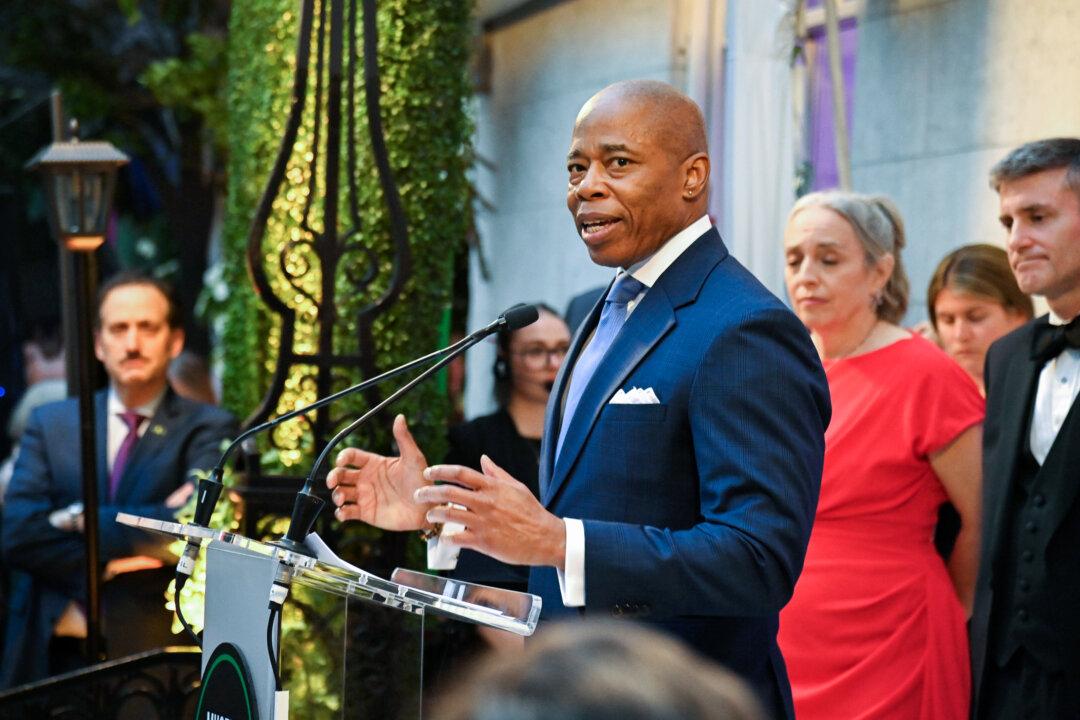In an emotional hearing Tuesday afternoon, the New York City Council voted 42–9, with zero abstentions, to override Mayor Eric Adams’s veto of a police transparency bill known as the How Many Stops Act.
The bill, which enjoys wide backing from progressive organizations and activists, will require police officers to take note of the race, gender, and age of every individual they interact with in the course of investigating crimes. The department will publish the information on its website. The bill also outlaws solitary confinement in New York City jails.





